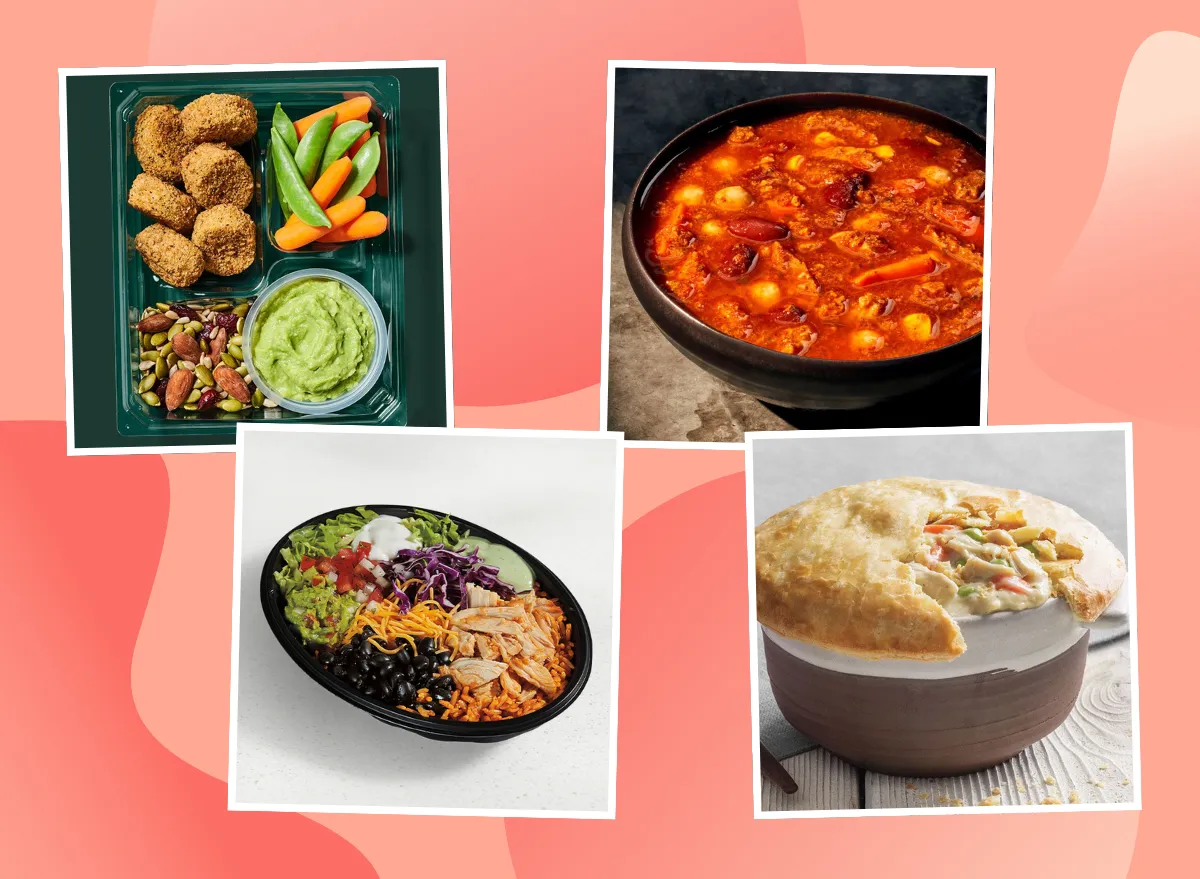
Pooping is a natural and essential bodily function. Everybody poops—no matter your location, socioeconomic status, or delicate sensibilities. Unfortunately, something that is supposed to be second nature can also sometimes be super difficult. So if you’ve ever found yourself straining to poop, you are definitely not alone.
“Almost everyone experiences the feeling of having a hard time having a bowel movement,” Alex Sherman, MD, board-certified gastroenterologist at Vanguard Gastroenterology and a clinical professor at NYU Grossman School of Medicine, tells SELF.
While that piece of information won’t exactly make you feel better when you’re stuck on the toilet, it should reassure you that straining to poop isn’t necessarily concerning. In fact, if it happens every once in a while, you’re likely okay and things can often be resolved with something as simple as increasing the fiber intake in your diet.
But if you find yourself straining to poop frequently, that could potentially signal an underlying issue that needs your attention, Dr. Sherman says. Want to find out why it hurts to poop—and what to do about it? We turned to top docs for the answers to all your poop questions.
First, let’s talk about why you’re straining to poop.
“Someone sits down and they are trying to push, push, push—that’s really what straining is,” Felice Schnoll-Sussman, MD, professor of clinical medicine and director of the Jay Monahan Center for Gastrointestinal Health at Weill Cornell Medicine, tells SELF.
READ RELATED: Dutch teenager, woke up after surgery unable to speak his language… and could only talk in ENGLISH
People can strain to poop for all sorts of reasons, but constipation is really the main cause of this. By definition, constipation symptoms include passing hard, dry stools, having fewer than three bowel movements a week, or feeling like you haven’t really gotten everything out (if you know what we mean), according to the National Institute of Diabetes and Digestive and Kidney Diseases (NIDDK).
It’s important to understand that people poop at different frequencies, so pooping less than three times a week doesn’t always mean you’re constipated. For example, one person may poop twice a week for as long as they can remember and feel completely fine. “There is no rulebook for how often someone should go to the bathroom,” Dr. Schnoll-Sussman says. “The only time we are concerned is when there is a significant change for you.” If you’re frustrated because it feels impossible to poop and nothing comes out, then that’s also a problem.
So, then, what causes constipation? A number of things, but dietary habits are a big contributor to this particular problem, Shilpa Ravella, MD, assistant professor of medicine at Columbia University Medical Center, tells SELF. “I see a lot of patients coming in who have way too little fiber in their diets. That can lead to hard stools and constipation that can cause people to strain a lot when they go to the bathroom,” Dr. Ravella says.
That’s why constipation treatment typically includes eating more fiber-rich food, which adds weight to your stool and helps it stay soft, making it easier to pass. Drinking more fluids than you’re currently getting and increasing your physical activity can also help move stool through your digestive tract, according to Johns Hopkins Medicine.
Some medications, including things like blood pressure drugs, opioids, antacids, and antidepressants, can also cause constipation, according to Dr. Ravella. And finally, constipation can be a symptom of certain medical conditions like irritable bowel syndrome (IBS) and celiac disease.
Your body mechanics might also explain why you’re straining to poop. There are two sphincter muscles in the rectum (the inner and the outer sphincter) that assist with bowel movements.1 The inner sphincter is controlled involuntarily, meaning your brain tells that muscle it’s time to relax (so you can poop) when your rectum is full. Your outer sphincter is a muscle that you knowingly control. And some people may not have good control over the outer sphincter, so they tense their muscles, holding poop in when they should really be relaxing that muscle to let poop out.2 This can make you feel like you’ve never really emptied everything in your bowels.
Source: SELF









